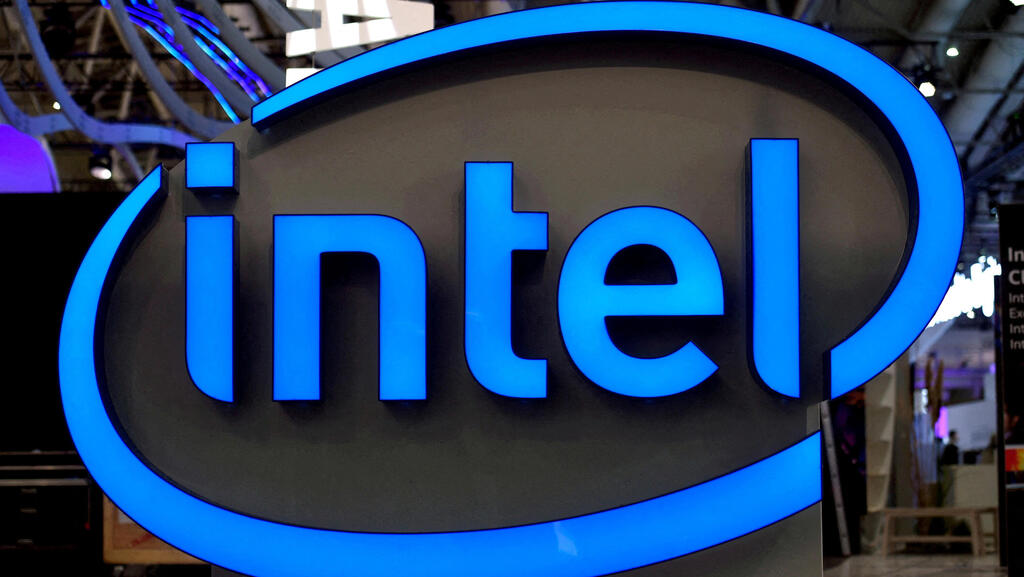
Analysis
Can TSMC save Intel? A potential takeover could reshape the chip industry
Intel’s manufacturing struggles may force it to rely on its biggest competitor, but Washington may have other ideas.
The semiconductor world is on edge as reports surface that Taiwan Semiconductor Manufacturing Co. (TSMC) is considering taking control of Intel’s U.S. factories at the request of the Trump administration. If such a deal goes through, it would mark one of the most dramatic shake-ups in the industry’s history—offering Intel a potential lifeline while igniting political and economic debates over America’s technological future.
Intel in talks to sell chip manufacturing to TSMC
Intel’s Fight for Survival
Once the undisputed king of chip manufacturing, Intel has struggled to keep pace with rivals like TSMC and Samsung. The company’s ambitious plan to regain its dominance—spearheaded by former CEO Pat Gelsinger—has stumbled, failing to attract enough customers to its foundry business. Despite billions in government subsidies, Intel’s massive investment in new U.S. plants has yet to pay off, and its stock price reflects investor skepticism.
This is where TSMC comes in. The world’s most advanced contract chipmaker, TSMC supplies giants like Apple, Nvidia, and AMD—companies that have long abandoned Intel’s manufacturing in favor of TSMC’s cutting-edge processes. If TSMC takes over Intel’s fabs, it could bring its technological expertise and supply chain efficiency to factories that have been struggling to compete with Asia’s best.
For Intel, the move would be a double-edged sword. On one hand, it would ease financial pressure, offloading underperforming assets and allowing the company to focus on chip design—just like Nvidia and AMD. On the other hand, it would be an admission that Intel has failed to reclaim its manufacturing prowess, a core part of its identity for decades.
The Political Landmine
Beyond the corporate strategy, the deal faces an even bigger hurdle: Washington. The Trump administration has reportedly encouraged the talks, as part of its broader effort to bring semiconductor manufacturing back to the U.S. But there’s a catch—letting a foreign company, even a trusted ally like TSMC, run Intel’s fabs could be seen as a strategic blunder.
A White House official has already suggested the administration is “unlikely” to support a foreign firm controlling Intel’s U.S. factories. The U.S. government has spent billions trying to rebuild its own chipmaking capabilities, and handing over Intel’s plants to TSMC could be perceived as undermining that effort. Lawmakers concerned about national security may argue that critical semiconductor production should remain fully American-owned and operated.
Moreover, the geopolitical implications are enormous. TSMC is based in Taiwan, a flashpoint in U.S.-China tensions. If Taiwan’s top chipmaker deepens its American footprint, Beijing could see it as an escalation in the tech war, increasing pressure on an already fragile global supply chain.
Related articles:
A New Intel—or a Step Toward Obsolescence?
If the deal happens, it would mark a fundamental shift in Intel’s business model. The company would likely transition into a fabless or semi-fabless chip designer, leaving high-volume manufacturing to TSMC. That’s a path Nvidia, AMD, and Qualcomm have thrived on—but is Intel ready to follow?
For TSMC, the move would further solidify its position as the world’s dominant chipmaker, expanding its influence far beyond Taiwan. But it also comes with risks: integrating Intel’s factories won’t be easy, and potential political backlash in both Washington and Taipei could complicate the deal.
A Gamble With Global Consequences
The semiconductor industry is at an inflection point, and an Intel-TSMC deal could be one of the most consequential developments in years. If it moves forward, it could reshape U.S. chipmaking, redefine Intel’s role in the industry, and further escalate geopolitical tensions.
One thing is clear: this isn’t just a business deal—it’s a battle over the future of technology, national security, and global power.
